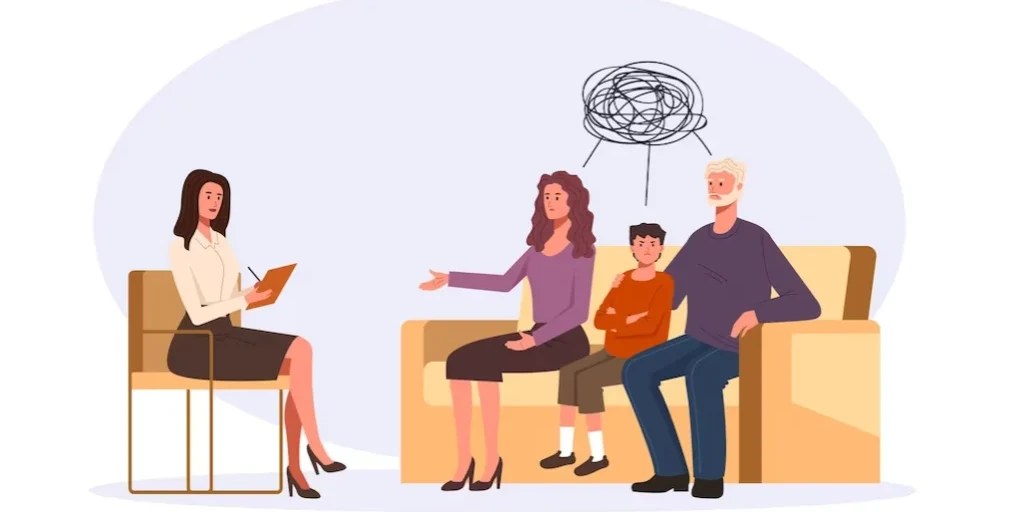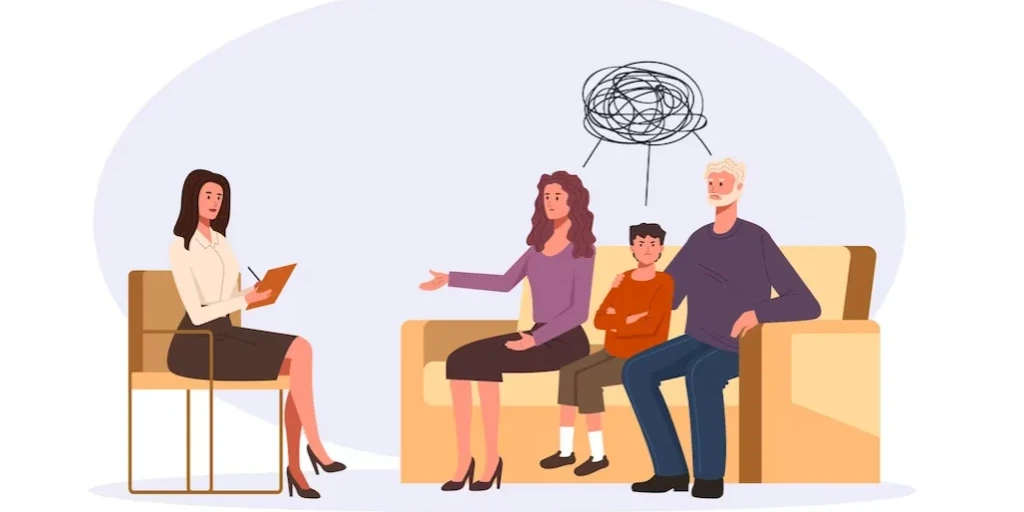24/7 Helpline:
(866) 899-221924/7 Helpline:
(866) 899-2219
Learn more about Codeine Detox centers in Hart
Codeine Detox in Other Cities

Other Insurance Options

BHS | Behavioral Health Systems

Health Choice

United Health Care

Optum

Magellan Health

EmblemHealth

GEHA

Cigna

Access to Recovery (ATR) Voucher

MVP Healthcare

Health Net

CareSource

Carleon

Optima

American Behavioral

Ceridian

AllWell

UnitedHealth Group

Absolute Total Care

Multiplan












